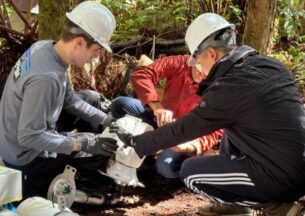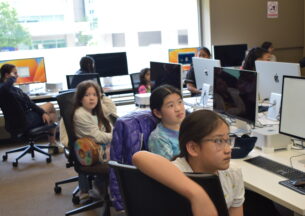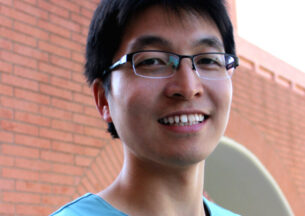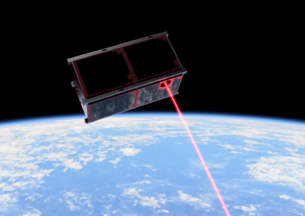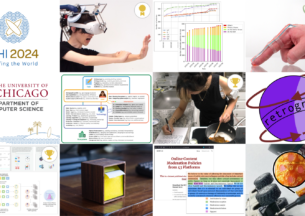Haifeng Xu named a AI2050 Early Career Fellow
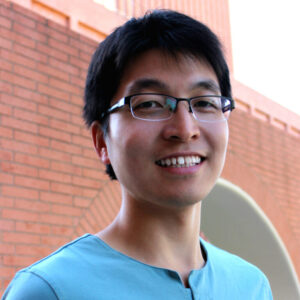 The AI2050 Early Career Fellowship is an enabling fellowship to encourage postdoctoral and pre-tenure researchers to pursue bold and ambitious work on hard problems in AI, which often is multidisciplinary and typically hard to fund. Each year, approximately 10-20 early career researchers around the world are selected through a rigorous process. Early Career Fellows receive an award to support a two year project that advances their research and receive non-monetary support, such as connections to stakeholders to help them advance their research and amplify its results.
The AI2050 Early Career Fellowship is an enabling fellowship to encourage postdoctoral and pre-tenure researchers to pursue bold and ambitious work on hard problems in AI, which often is multidisciplinary and typically hard to fund. Each year, approximately 10-20 early career researchers around the world are selected through a rigorous process. Early Career Fellows receive an award to support a two year project that advances their research and receive non-monetary support, such as connections to stakeholders to help them advance their research and amplify its results.
The award’s name is based on the premise that it’s 2050. AI has turned out to be hugely beneficial to society. What happened? What are the most important problems we solved and the opportunities and possibilities we realized to ensure this outcome?
Fellows were chosen from a variety of disciplines including computer science, philosophy, economics, political science, earth sciences, and religion studies. Selected projects encompass ensuring advanced AI systems are aligned with human values, enhancing model robustness, improving the interpretability and transparency of black-box AI systems, understanding economic and disparate geographical considerations, examining the incentive structures behind content creation, and addressing climate-related challenges through AI-driven analysis of energy storage and greenhouse gas emissions, among others.
Xu’s research fits these central themes, with a focus on three main research topics. He studies machine learning in non-cooperative multi-agent environments under information asymmetry, incentive conflicts, and deception. Xu is also interested in algorithmic foundations and applications of optimal information design. In the more applied realm, Xu studies the economics of data and machine learning, such as acquiring, eliciting, selling, and exploiting information and data.
This article was originally published by the Data Science Institute.




